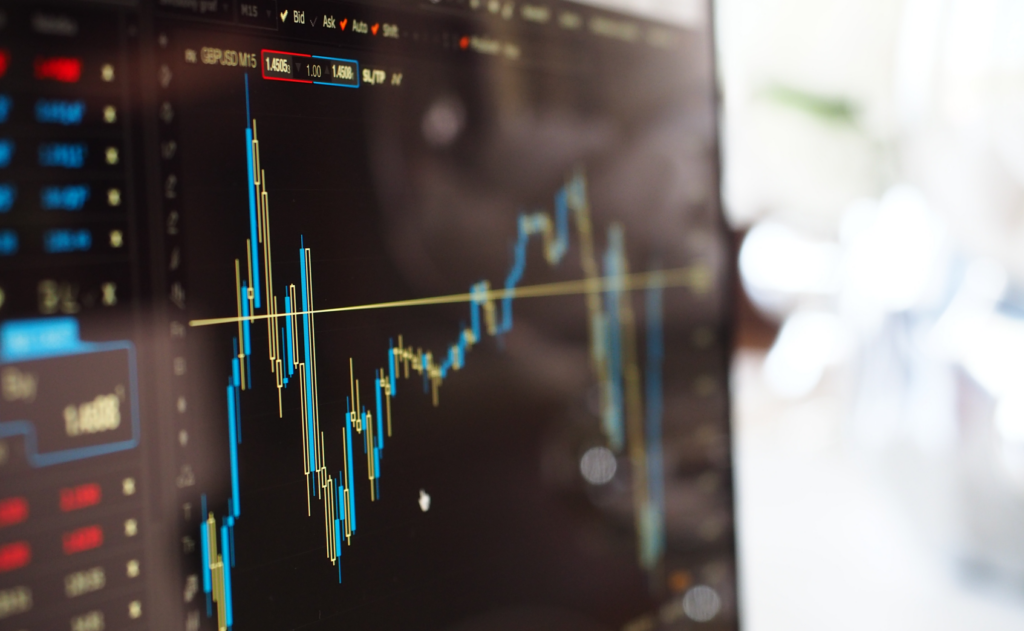Financial speculation on the energy futures market is a significant cause of Europe's continuing energy crisis, a respected Belgian economist has stated.
In a recent interview with l'Echo, Eric De Keuleneer, a Professor at the ULB Solvay Brussels School, explained that Europe's energy supply shortage in recent months is largely artificial and is principally a consequence of speculators' unwillingness to sell stock-piled natural gas at a loss.
"In reality, there is a lot of gas available, whether from the United States and the Middle East. Traders and hedge funds who speculated a lot today have significant quantities that were bought on the futures markets in June, July and August. They don't know what to do with it and suggested that there was no longer enough gas, but this was false. They have to sell today at a loss!"
De Keuleneer also noted that Russia, whose full-scale invasion of Ukraine in February last year catalysed the current crisis, is very likely using financial speculation as a means of manipulating Europe's energy market. "The Kremlin can launch purchases of futures contracts using traders and intermediaries."
The problem with speculation
Futures contracts give a commitment to purchase a certain quantity of a commodity at a specific future date for a price agreed in the present. Although such contracts were originally created to protect stakeholders from market price fluctuations, they are now overwhelmingly used by speculators to effectively bet on the future price of certain goods.
If the agreed price of a commodity bought in a futures contract is lower than its market price on the agreed date of sale, the speculator will be able to immediately sell that commodity at a profit.
Yet this form of speculation carries an inherent danger. In October 2021, European Commission President Ursula von der Leyen made explicit the need to "end speculation on the energy markets". Similarly, in November 2021 both Spain and Poland accused speculators of artificially driving up energy prices; in July last year the Greens/EFA European Parliamentary group blamed speculation on food and energy prices for contributing to "devastating price explosions".
In the febrile months of summer 2022, when gas and power prices broke records, there was much speculation that Europe’s energy markets were close to breakdown That’s not what happened: https://t.co/bxavNaMgMw pic.twitter.com/l6kYYrHnwu
— Bloomberg (@business) January 13, 2023
The European Commission recently estimated that trade on the European gas market is now ten times greater than the total gas consumption of the EU. This effectively means that the overwhelming majority of trades are speculative futures contracts.
Despite politicians' repeated pronouncements about the dangers of such speculation, little has been done to curb the practice. This is plausibly due to the fact that any such restrictions would be heavily resisted by powerful fossil fuel companies, which regard such trades as a critical component of their business models.
As recently noted by The Guardian, former Shell CEO Ben van Beurden has gone as far as to claim that such trading is "core to the success of our company". Shell earns approximately $4 billion from such trading every year.
No room for complacency
Soaring energy prices over the past year have already caused devastating harm to Europe's industry and citizens. Worryingly, it is highly unlikely that the coming year will offer any respite.
The IMF recently warned that half of all EU Member States will likely be in recession this year as a consequence of soaring energy costs, while the World Bank has forecast 0% growth in the eurozone for 2023. It warned that "any new adverse development – such as higher-than-expected inflation, abrupt rises in interest rates to contain it, a resurgence of the Covid-19 pandemic, or escalating geopolitical tensions – could push the global economy into recession."
In Belgium, more than three in four independent retailers fear bankruptcy over the coming months; many households have resorted to desperate measures to stay warm, such as burning household items.
Related News
- 'Ready to burn anything': Belgians struggle to stay warm
- 'Tough year': IMF predicts half of EU to be in recession in 2023
Fortunately, gas prices have fallen considerably in recent weeks, due in large part to a decline in consumption induced by warmer weather. Yet De Keuleneer warned that this could lead to complacency among European policymakers.
"Better market regulations and reining in speculation should be a priority for the European authorities and for each country. But with the drop in prices, things will (briefly) improve and we may forget... However, if prices rise again, speculators will speculate again."

